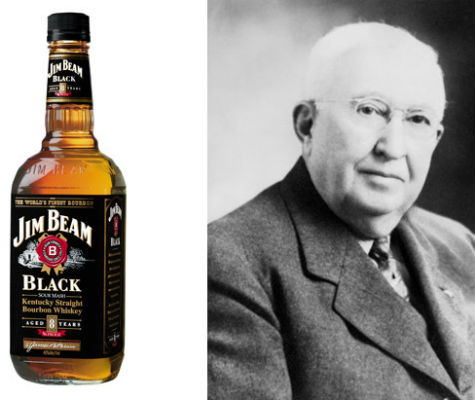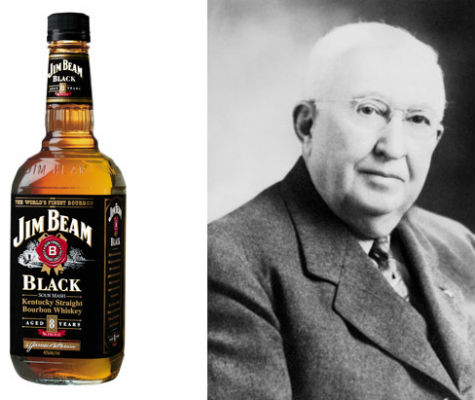Johnnie Walker, Jose Cuervo, And Other Men Behind The Booze
"I want it wall to wall with John Daniel's," says Al Pacino in Scent of a Woman, to which the hapless kid responds, "Don't you mean Jack Daniel's?" Cue the setup.
"He may be Jack to you, son, but when you've known him as long as I have — that's a joke." Cue the rimshot.
I've got to admit to having lamely made that joke at a bar or two when ordering my favorite Old No. 7, eliciting an eye-roll from the bartender, and maybe a guffaw from the drunk guy two seats down. The thing is, I kind of mean it. Jack and I go way back. We have a relationship with each other that, like any relationship, is mutually beneficial most of the time. Sure, sometimes he hurts me, but I always forgive him. He's a very smooth talker. But who was this guy, really? Who was the man behind the sour mash?
Johnnie Walker, Jose Cuervo, and Other Men Behind the Booze (Slideshow)
For one, given that his name was actually Jasper, he'd probably never let you call him John. Also, you wouldn't want to call him short — he was only five feet two inches tall, and he had something of a temper. According to legend, it's that temper that ultimately killed him. When he couldn't remember his safe's combination, he got mad and kicked it so hard he broke his toe. Infection took over and cost him his leg, and finally, his life.
As a very young man — eleven years old — Daniel learned the art of distilling, and the characteristic "Lincoln County process," from a Lutheran minister. Rev. Dan Call ran Lynchburg, Tennessee's general store before and during the Civil War where he employed young Jasper Daniel. Rev. Call's congregation pressured him into quitting the booze business to save his immortal soul, so he sold his still to a then-13-year-old "Jack" Daniel.
The War Between the States was raging, but Jack's age kept him from serving. Instead, he ran his distillery as a one-boy enterprise for several years. He'd moved his operation from the general store to a tract of land in Lynchburg that hosted a natural spring. It is that spring water combined with Jack Daniel's' distinctive distilling process that came together to make the distinguished whiskey we know today.
Over the years as the distillery grew, Jack Daniel pioneered some of the smartest marketing methods yet seen in those days, using the homespun feel of his product and its modest origins to the advantage of the brand. This was authentic whiskey made by authentic people. In 1904, Jack Daniel's Whiskey won the Gold Medal at the St. Louis World's Fair, earning the title of the Best Whiskey in the World. Jack Daniel never married or had any children of his own, but kept the business in the family by deeding the distillery to his nephew, Lem Motlow, as his own health faded.
Tracking down this history got me thinking: there's a lot of booze out there named for a lot of people, but what do we really know about them? Did John Jameson really show up at his own funeral? Is Sailor Jerry actually a sailor? Is Campari someone's name? Check out the slideshow for a glimpse at the actual men behind your favorite firewater.
Jim Beam
Jim Beam Bourbon was founded by James Beauregard Beam in 1935, but the product can trace its history all the way back to the 1790s when Beam's ancestor, Johannes Böhm, distilled corn whiskey under the name "Old Jake Beam." The Beam family never stopped making whiskey, and was a huge part of defining the legal designation of what we now call bourbon.
Johnnie Walker
Originally called Walker's Kilmarnock Whisky, what we now know as Johnnie Walker Black didn't come into being until Johnnie's son, Alexander, took over the distillery. He'd trained in Glasgow as a tea merchant, and took his blending techniques to his father's still in 1865. Interestingly, Johnnie himself was a teetotaler.
Read more about Johnnie Walker, Jose Cuervo, and Other Men Behind the Booze.
Adam Boles is the founder and proprietor of Sauce Culinary Travel.
Learn about the World of Wine

